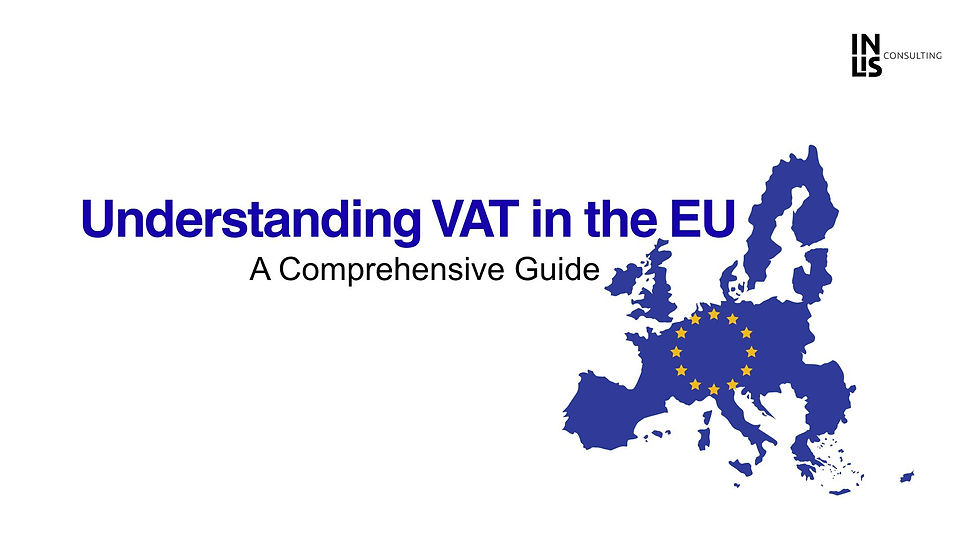Tax Obligations for Spiritual Gurus in Portugal: Gifts, Donations, and Retreat Income
- INLIS Consulting
- Aug 20, 2025
- 3 min read
Many spiritual retreat leaders in Portugal rely on participant offerings, gifts, or donations as their main source of income. While these payments may feel informal or voluntary, Portuguese tax authorities often treat them differently. Understanding when offerings count as taxable income is crucial to stay compliant and avoid penalties.

Gifts vs. Income
Money given as a personal gift (doação) between unrelated parties is generally not considered taxable income, though gifts over €500 may trigger a 10% stamp duty. Such gifts do not need to be reported as income for personal income tax purposes.
However, offerings or donations given in exchange for services, such as participating in a retreat, are typically considered income.
Portuguese tax law classifies these earnings under Category B (self-employment or independent services). If the retreat is held regularly, or if income from participants exceeds a minimal threshold, these payments should be declared as business income, regardless of whether they are labeled as "donations" or "gifts."
Registering as Self-Employed
To legally receive payments from retreats, a spiritual guide should register as self-employed in Portugal under Category B. This involves opening a fiscal activity with the tax authorities and issuing official receipts (recibos verdes) for each payment received.
For one-off events, it is possible to issue an ato isolado (isolated act) invoice. But if retreats are recurring or income is significant (generally above €15,000 per year), full self-employment registration is required. In the annual tax return, this income is declared on Annex B. Even under the simplified regime, a portion of gross receipts is considered taxable income.
VAT Considerations
Services provided in retreats may be subject to VAT, depending on the size and frequency of the operation. Small self-employed providers with an annual turnover below the exemption threshold (around €15,000) may opt out of VAT. Once this limit is exceeded, registration for VAT is mandatory, and the correct rate must be charged and reported.
Choosing VAT exemption prevents the deduction of VAT on expenses but avoids collecting VAT from participants.
Non-Habitual Resident (NHR) Status
A spiritual guide living in Portugal on a D7 visa and holding NHR status may benefit from reduced tax rates for certain high-value professions. However, informal spiritual retreats usually do not fall into these categories. Therefore, most retreat income received in Portugal is taxed at the standard progressive Category B rates. Foreign-source income may have special exemptions under NHR rules, but cash received from retreats held in Portugal is treated as Portuguese-source income.
Compliance Risks and Penalties
Failing to declare retreat income can result in serious penalties. If the tax authority reclassifies offerings as undeclared Category B income, the guide may face fines for late or missing filings. Similarly, neglecting to issue receipts or failing to register for VAT when required can lead to additional fines and interest. Even gifts from participants exceeding €500 must be declared under stamp duty rules.
In short, informal or voluntary offerings should be approached carefully. To remain compliant:
Open a Category B activity with the tax authorities.
Issue receipts (recibos verdes) for each payment.
Declare all income from retreats on your annual tax return.
Check VAT obligations against the exemption threshold.
Understand the limits of NHR benefits for Portuguese-source income.
Following these steps ensures that spiritual retreat leaders can continue their work in Portugal without legal or financial risks.




Comments